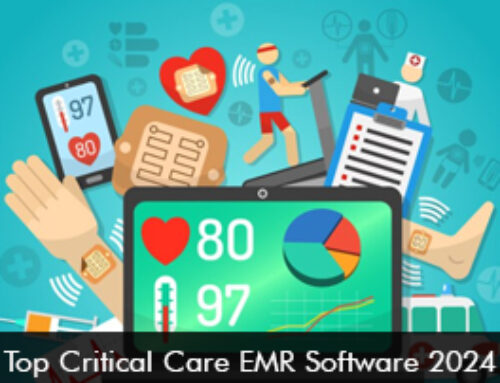The best Mental Health EMR System for your clinic requires careful assessment of your unique requirements and financial constraints. Price is an important consideration, but it’s also important to compare it to the features, support, and scalability that each EMR software system provider has to offer. Additionally, wherever available, benefit from free samples or demonstrations to gain a feel for the program before making a choice. Finding an EMR Software solution that not only fits your budget but also improves the level of care you offer to your customers while streamlining your practice management procedures is the ultimate objective.
Finding the Right EMR System Fit for Your Practice
Pricing is an important issue to take into account when selecting the best Mental Health EMR System for your clinic, though. To assist you in making a decision that is in line with the requirements of your practice and your budget, we’ll examine the world of Mental Health EMR Systems’ price comparison in this blog.
Understanding the Cost Components
Before we dive into the price comparison, let’s break down the key components that contribute to the overall cost of a Mental Health EMR System:
-
Subscription or Licensing Fees:
The majority of EMR systems use subscription-based pricing schemes, in which you pay a price each month or annually to utilize the program. Some could even charge a one-time license fee. It’s critical to comprehend these charges and how they differ.
-
User Licenses:
EMR software providers frequently base their fees on the number of customers who require system access. This includes medical professionals, office workers, and perhaps even clients if you provide a patient portal.
-
Implementation and Training:
Expenses for employee training and early implementation should be taken into account. While some companies charge individually for these services, others include them in their pricing.
-
Support and Maintenance:
The membership cost usually covers ongoing technical assistance and software upgrades, but it’s important to be clear about the conditions and turnaround times for support requests.
-
Additional Features and Modules:
Many Mental Health EMRs have specific modules or add-on features that are optional. These might include telehealth functions, electronic prescription, billing and claims administration, and more, each with a separate cost.
Price Comparison Factors
Now, let’s explore some factors to consider when comparing Mental Health EMR Systems’ prices:
-
Practice Size:
The number of clinicians and staff in your practice will directly impact your pricing. Larger practices may pay more due to the need for more user licenses.
-
Specific Features:
Determine the characteristics that are fundamental to your profession. Basic EMRs could be less expensive, but you might spend more if you want specialist features like tools for outcome measurement or treatment planning.
-
Customization:
Some EMRs allow for extensive customization to adapt to your practice’s unique workflows. Customization may come at an additional cost.
-
Scalability:
Consider your practice’s growth potential. Will the EMR system scale with you, or will you incur extra fees when adding more users or expanding your services?
-
Integration:
If you already use other healthcare software (e.g., billing or telehealth platforms), ensure that your chosen EMR can seamlessly integrate with them. Integration costs, if applicable, should be factored in.
Comparing Mental Health EMR Providers
Now, let’s briefly compare some notable Mental Health EMR providers in terms of pricing:
TheraNest offers competitive pricing with packages starting at around $39 per month for a single user. They offer customizable plans based on practice size and needs, including features like appointment scheduling, billing, and progress notes.
SimplePractice offers a free 30 days trial and its pricing starts at $29 per month per clinician. There are different packages of Basic, Essential and Plus which help expand a practice with every feature available. Their platform includes features such as appointment reminders, client portals, and telehealth capabilities.
Valant Electronic Health Records (EHR) software is particularly intended to fulfill the demands of mental and behavioral health practitioners. Its price starts at $100 per month, but will vary depending on business needs. It provides doctors with tools to simplify documentation, increase efficiency, and boost the productivity of their healthcare practice.
TherapyNotes gives a 30 days free trial and offers pricing starting at $49 per month per clinician. Their platform includes appointment scheduling, billing, and secure messaging.
Electronic medical record software (EMR Systems) are becoming essential tools for healthcare clinicians, particularly those in the mental health field. These specialist electronic medical records (EMRs) created specifically for the field of mental health, also known as Mental Health EMRs, provide a number of features intended to improve patient treatment, simplify practice administration, and guarantee compliance with industry-specific rules.







